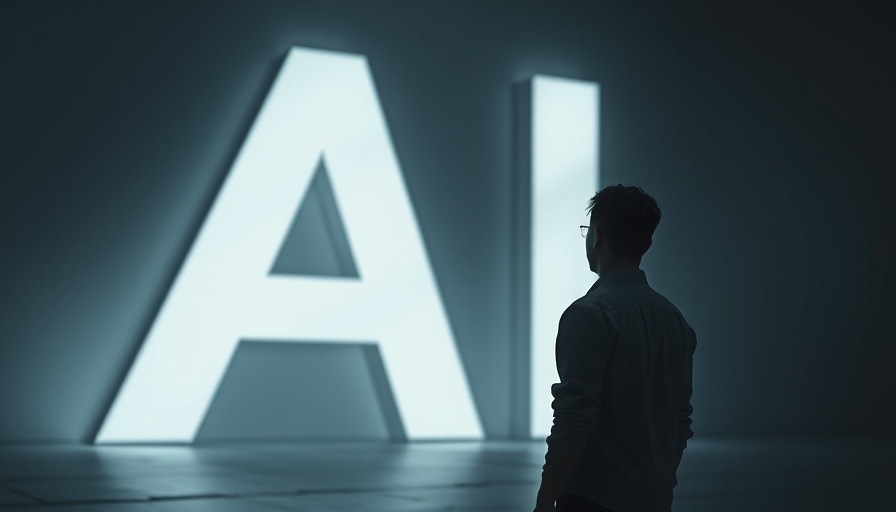
The Surprising Relationship Between AI Knowledge and Acceptance
In a world increasingly influenced by technology, artificial intelligence (AI) stands out as a revolutionary force transforming workplaces and daily lives. But who is embracing this technology the most? Contrary to popular belief, those who understand less about AI are often more ready to welcome it into their lives. This intriguing phenomenon is highlighted by recent research which uncovers a pattern: the lower the AI literacy, the higher the receptivity.
Understanding the 'Magic' of AI
The notion that people with limited knowledge of AI are its biggest advocates stems from their perception of its capabilities as almost magical. AI systems can compose music, create artwork, and generate written content that appears emotive. For someone unfamiliar with the technology, these feats can seem enchanting and inspire a sense of wonder. This perception fosters a willingness to engage with AI in ways that a more educated individual might not.
A Global Perspective
This trend isn’t just isolated to individuals but spans globally. Analysis of AI literacy in 27 countries reveals that nations with lower literacy levels about AI show greater enthusiasm for adopting these technologies. This trend may lead to significant differences in how various cultures integrate AI into daily routines and business practices, shaping the future of global technology utilization.
The Love-Hate Relationship with AI
Interestingly, people who are less familiar with AI also tend to view it as less capable or ethical. Yet, this mix of intrigue and skepticism does not deter them from wanting to use AI. Instead, the sense of magic surrounding AI prompts them to overcome potential fears and concerns, creating an engaging curiosity. This duality offers new perspectives on how society might cultivate a more inclusive technological environment, allowing innovation to thrive while addressing apprehensions.
Why This Matters
As AI continues to dominate discussions around technology and its impact on society, understanding this relationship between knowledge and acceptance becomes crucial. Recognizing that those who are less informed may approach AI without predisposed biases could open avenues for more constructive dialogues about ethical AI use and promote a healthier integration of technological advances in everyday life.
 Add Row
Add Row  Add
Add 
 Add Element
Add Element 

Write A Comment